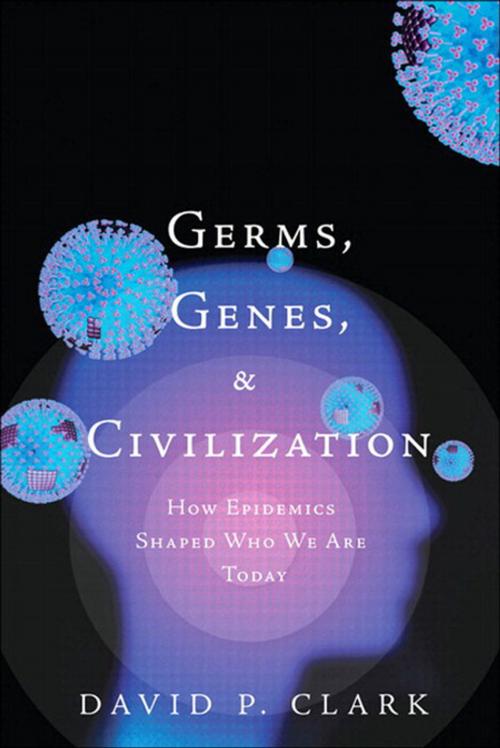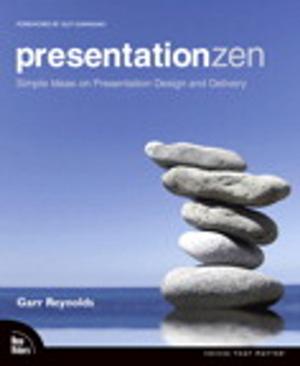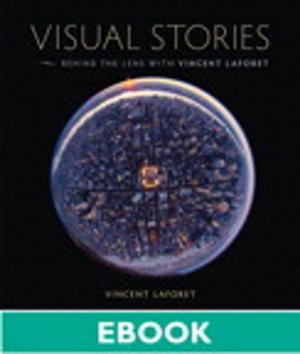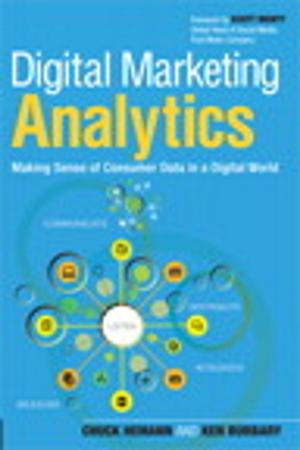Germs, Genes, & Civilization
How Epidemics Shaped Who We Are Today
Nonfiction, Health & Well Being, Medical, Medical Science, Genetics, Science & Nature, Science, Biological Sciences, Biology| Author: | David Clark | ISBN: | 9780137068685 |
| Publisher: | Pearson Education | Publication: | January 8, 2010 |
| Imprint: | FT Press | Language: | English |
| Author: | David Clark |
| ISBN: | 9780137068685 |
| Publisher: | Pearson Education |
| Publication: | January 8, 2010 |
| Imprint: | FT Press |
| Language: | English |
In Germs, Genes and Civilization, Dr. David Clark tells the story of the microbe-driven epidemics that have repeatedly molded our human destinies. You'll discover how your genes have been shaped through millennia spent battling against infectious diseases. You'll learn how epidemics have transformed human history, over and over again, from ancient Egypt to Mexico, the Romans to Attila the Hun. You'll learn how the Black Death epidemic ended the Middle Ages, making possible the Renaissance, western democracy, and the scientific revolution. Clark demonstrates how epidemics have repeatedly shaped not just our health and genetics, but also our history, culture, and politics. You'll even learn how they may influence religion and ethics, including the ways they may help trigger cultural cycles of puritanism and promiscuity. Perhaps most fascinating of all, Clark reveals the latest scientific and philosophical insights into the interplay between microbes, humans, and society - and previews what just might come next.
In Germs, Genes and Civilization, Dr. David Clark tells the story of the microbe-driven epidemics that have repeatedly molded our human destinies. You'll discover how your genes have been shaped through millennia spent battling against infectious diseases. You'll learn how epidemics have transformed human history, over and over again, from ancient Egypt to Mexico, the Romans to Attila the Hun. You'll learn how the Black Death epidemic ended the Middle Ages, making possible the Renaissance, western democracy, and the scientific revolution. Clark demonstrates how epidemics have repeatedly shaped not just our health and genetics, but also our history, culture, and politics. You'll even learn how they may influence religion and ethics, including the ways they may help trigger cultural cycles of puritanism and promiscuity. Perhaps most fascinating of all, Clark reveals the latest scientific and philosophical insights into the interplay between microbes, humans, and society - and previews what just might come next.















